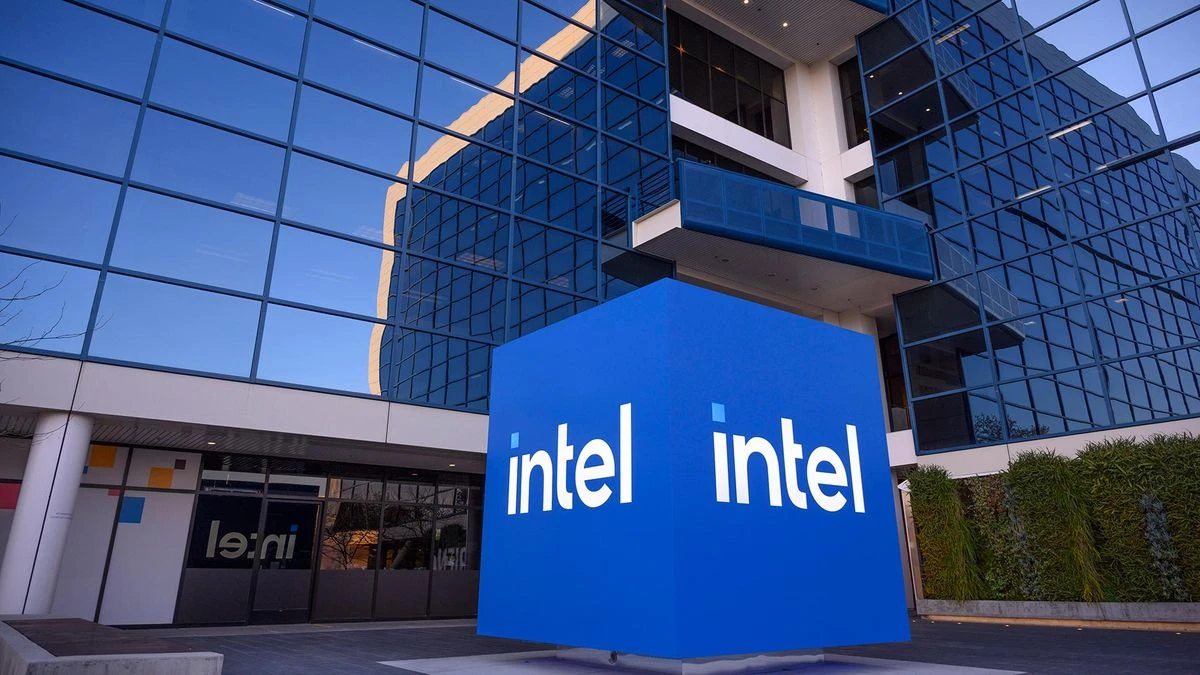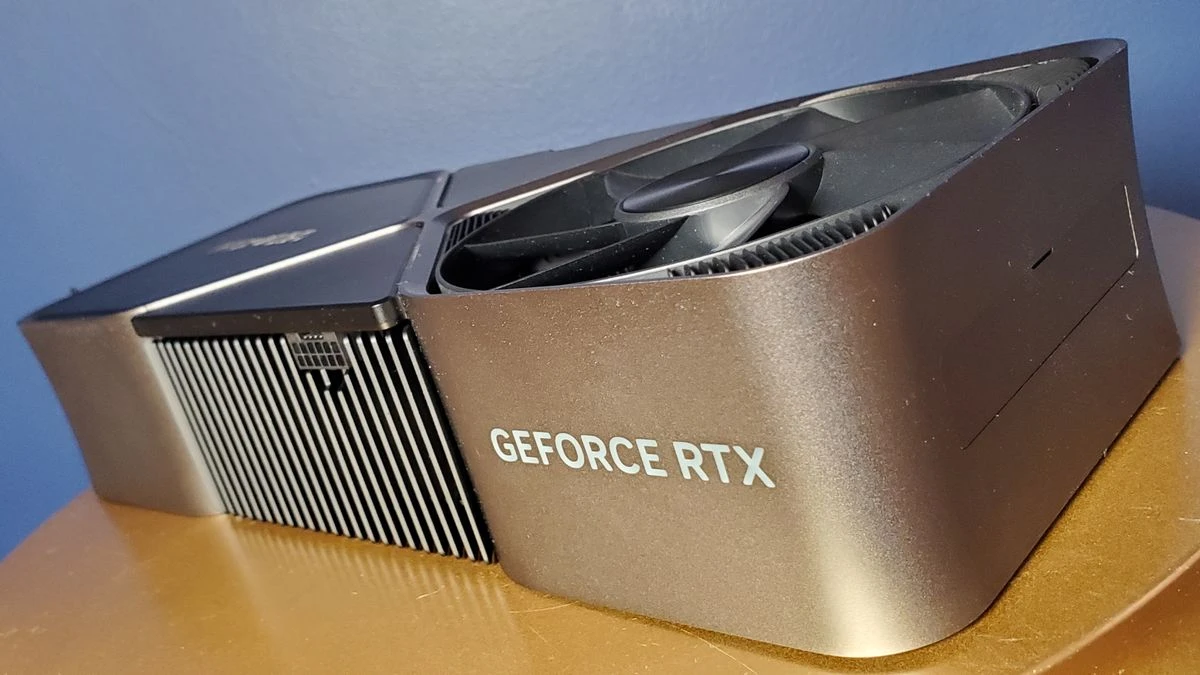Intel reportedly told Arm that it should move on after receiving an offer to purchase its chip design business
Another day, another rumour about an aborted Intel acquisition. Earlier in the week, Qualcomm was said to have been sniffing around the wheezing and injured chip maker. Today, the company is none other than Arm. In some ways, Intel's biggest rival.
Bloomberg reports that Arm approached Intel to offer to buy the product-half of the company. The chip-designing half of the company, not the manufacturing or foundry facilities.
Intel reportedly told Arm to keep going. The company is not for sale. It's impossible to know if it actually happened. It's easy to see why stories like these are being reported.
Intel is in serious trouble. It's losing money by the bucketload. Its foundry has been struggling for over a decade. Intel's core product line has been tarnished by the failure of the 13th and 14th Generation CPUs.
The question is, could there be a buyout? Nick, our own Nick, argued that if Nvidia was not allowed to buy Arm then Qualcomm buying Intel would be a non starter. From this, it would follow that the US anti-trust laws wouldn't allow Arm's product division to be purchased by Intel.
In general, I believe that's only about half right. Intel probably wouldn't allow it. But Qualcomm might. How? Intel is a US-based company of strategic significance. Intel is the largest US player on this market, especially in manufacturing. The US is keen to have its very own cutting-edge chip manufacturing and design capabilities. Intel is currently going through an existential crisis. Even Intel's CEO has said that he has placed a bet on the 18A node.
These two factors would make any acquisition of Intel look very different from an acquisition of Arm, for example, by Nvidia. The US anti-trust authorities must balance the risks of allowing Intel to become too powerful and to have a large product portfolio in any new entity.
If, on the other hand, the authorities are of the opinion that Intel faces a significant risk of bankruptcy if it's not acquired, they will be more flexible when it comes to potential suitors. They would rather risk creating a monopoly, than have Intel go out-of-business. This would be a catastrophe.
The problem is that, due to the same concerns about Intel's future as well as its importance as a strategic asset for all of the US, the main concern with any purchase is likely to be the nationality of the new owner and not the risk of antitrust.
Would the US be satisfied with Arm purchasing half of Intel? Softbank, a Japanese investment company, is Arm's largest shareholder. Japan is an ally of the US. But it's not the US. Arm has its headquarters in the UK. A bid by Arm might not be viewed as positive. Qualcomm is a US-based company, so a Qualcomm acquisition would keep Intel domestic. Perfect.
Intel is currently a much bigger company than Qualcomm. It has around 2.5 times more employees and generates over 50% more revenue. Qualcomm's total market cap or current worth is $192 billion while Intel's value is only $102 billion. This reflects market concerns about Intel's future prospects.
The greater question is whether Qualcomm wants to take on Intel as a whole, and not just the product division. It might be possible to convince Qualcomm to buy the product division and invest all the capital in the newly independent fabs. Add a clause that Qualcomm must continue to use Intel Foundry for x86 processors for a period of time. This will give the money a chance to work.
The conclusion is that it is difficult to know for sure if anyone actually looked at buying Intel. Intel is unlikely to fail in the near future.
The company is already in such trouble that the usual anti-trust concerns will not apply. They will be weighed against the medium-term risk that Intel will go under. My personal prediction is that Intel, in its entirety or in a significant part, will be under new ownership within a decade. It would not surprise me if Qualcomm's name was on the door. Watch this space.




Comments